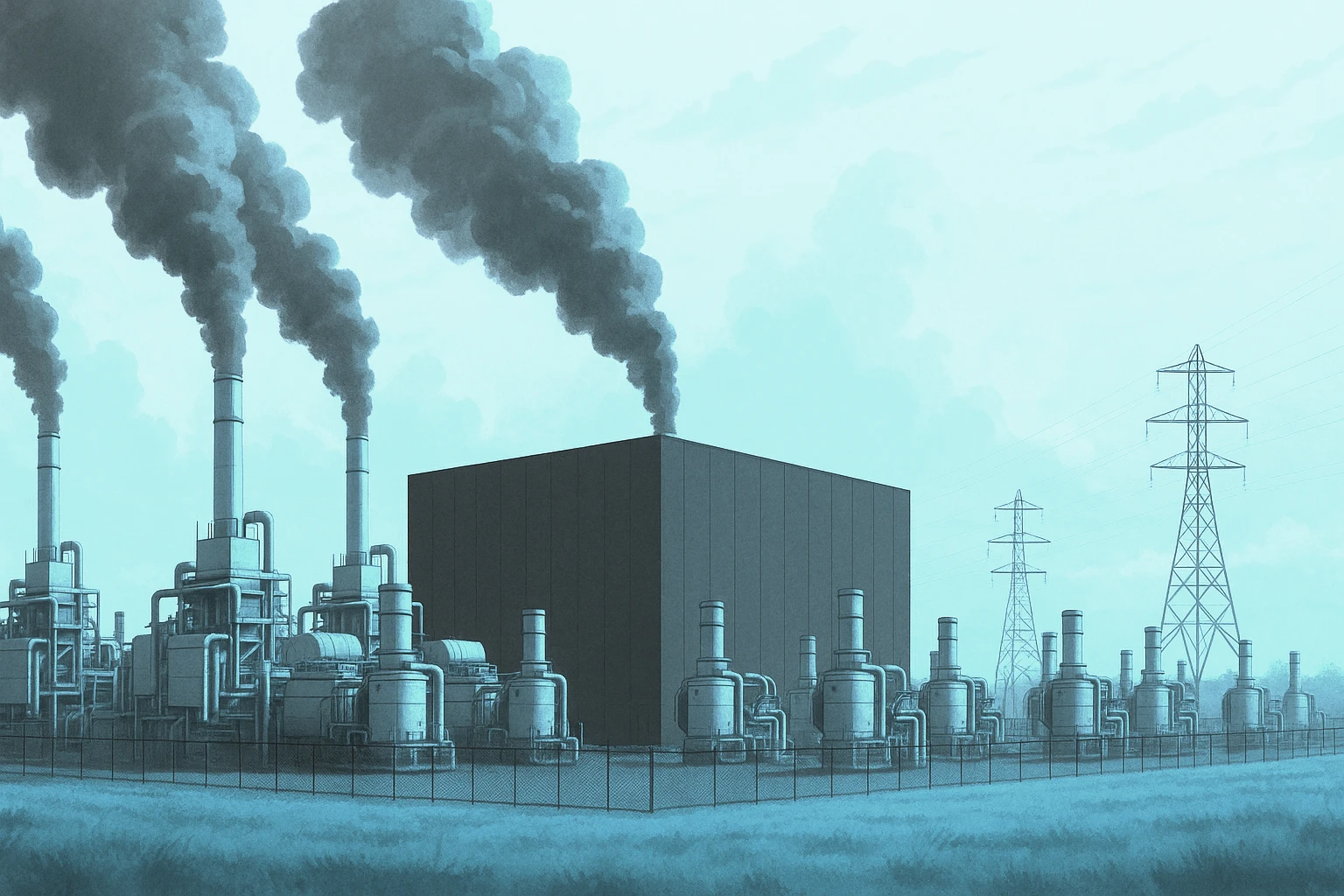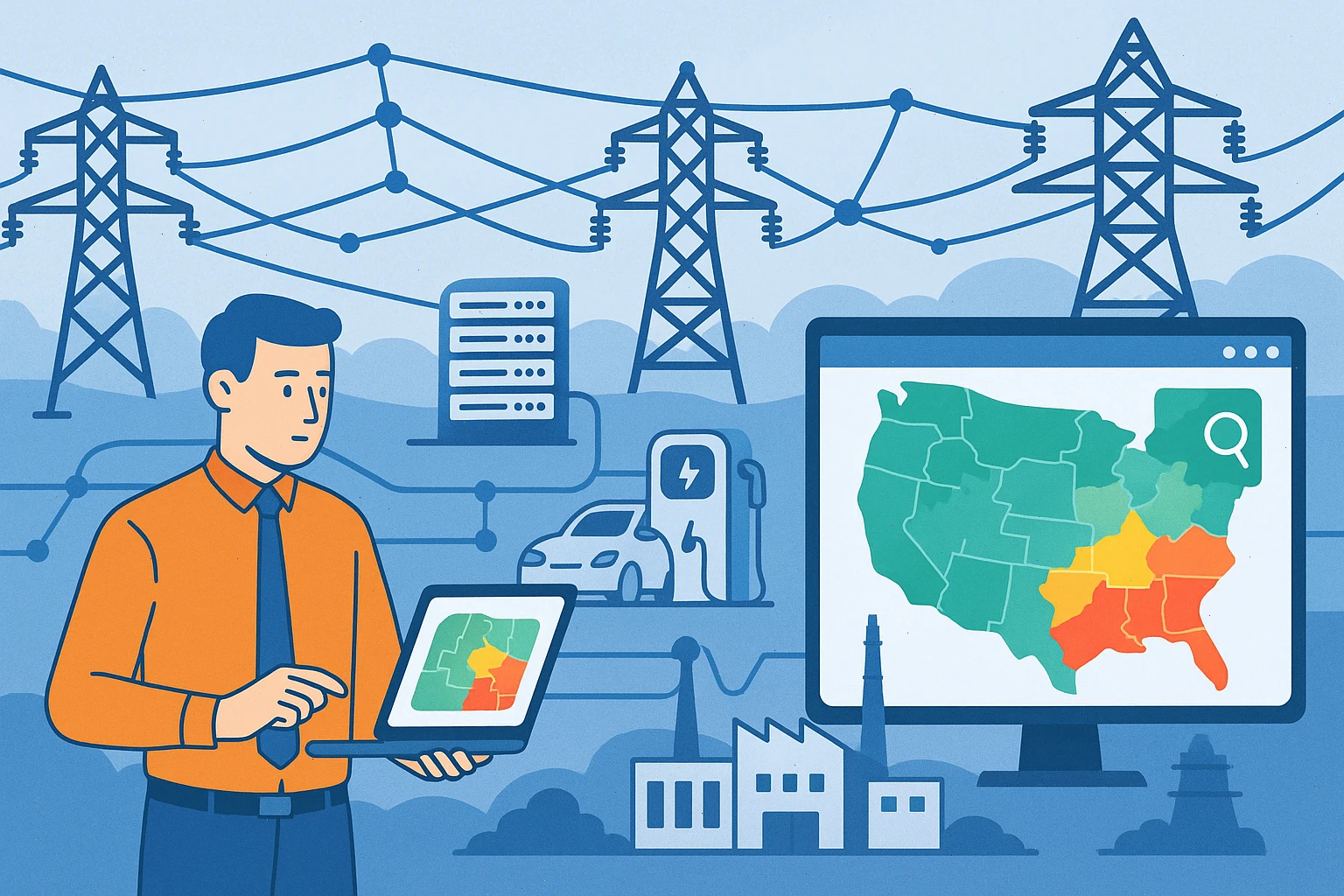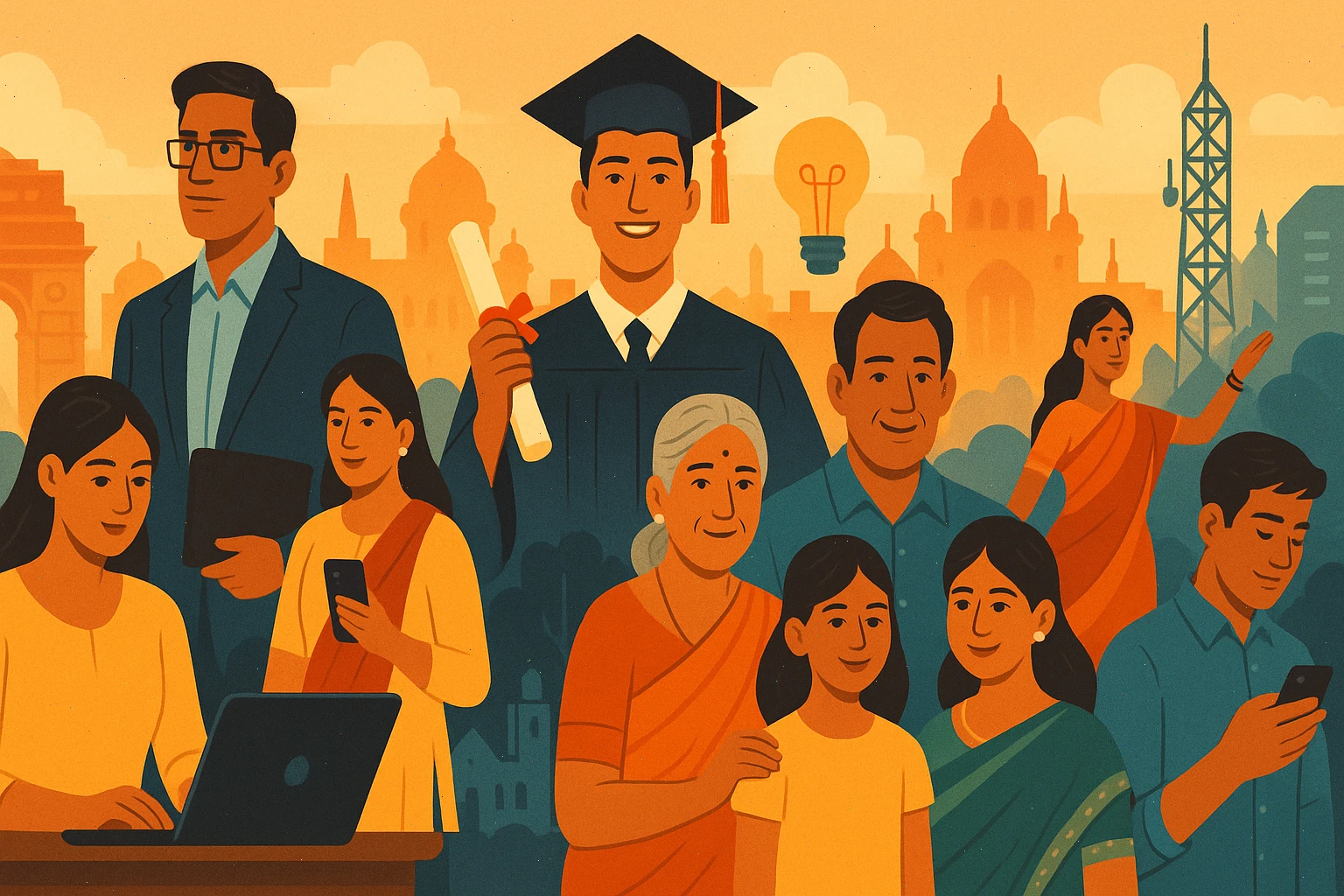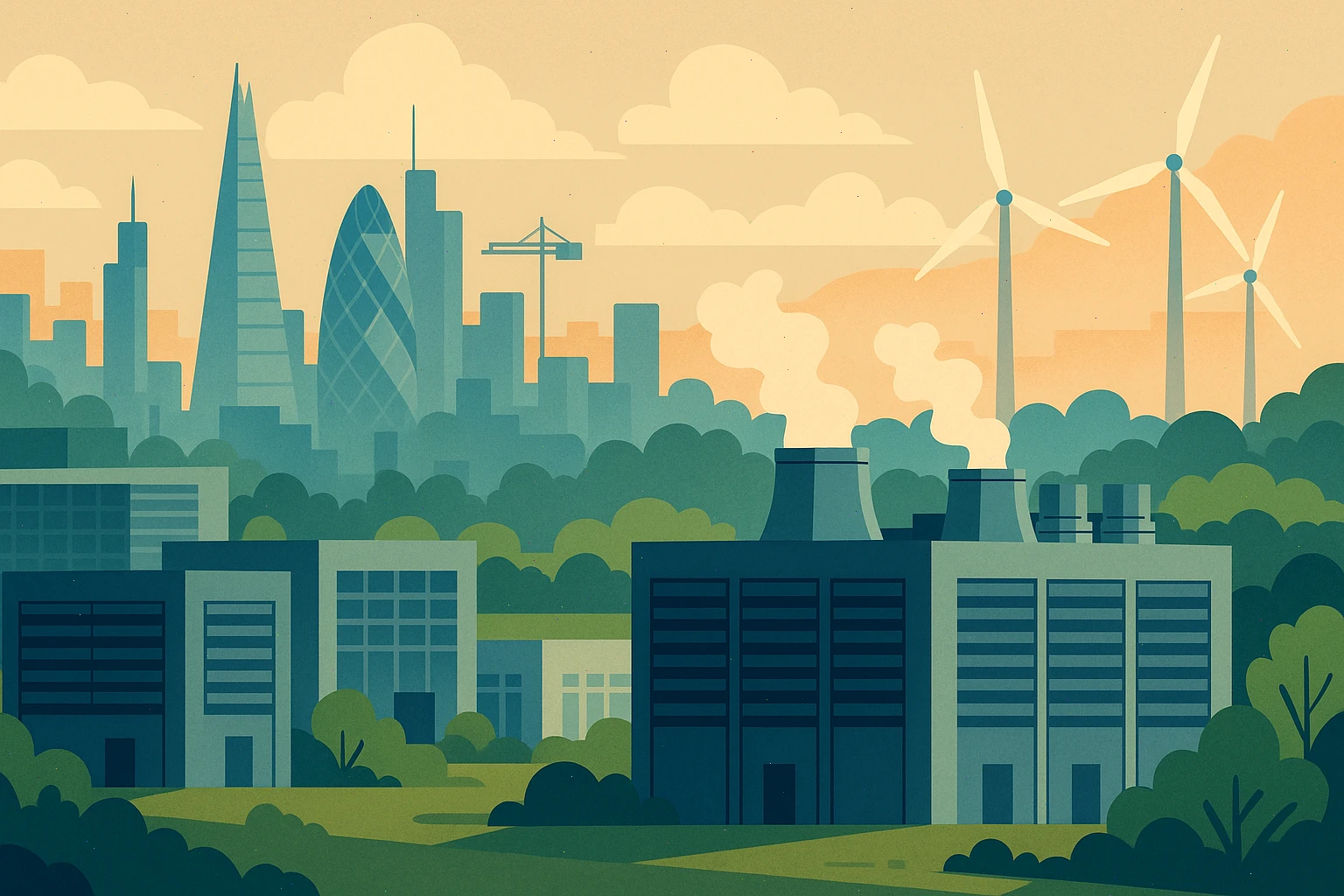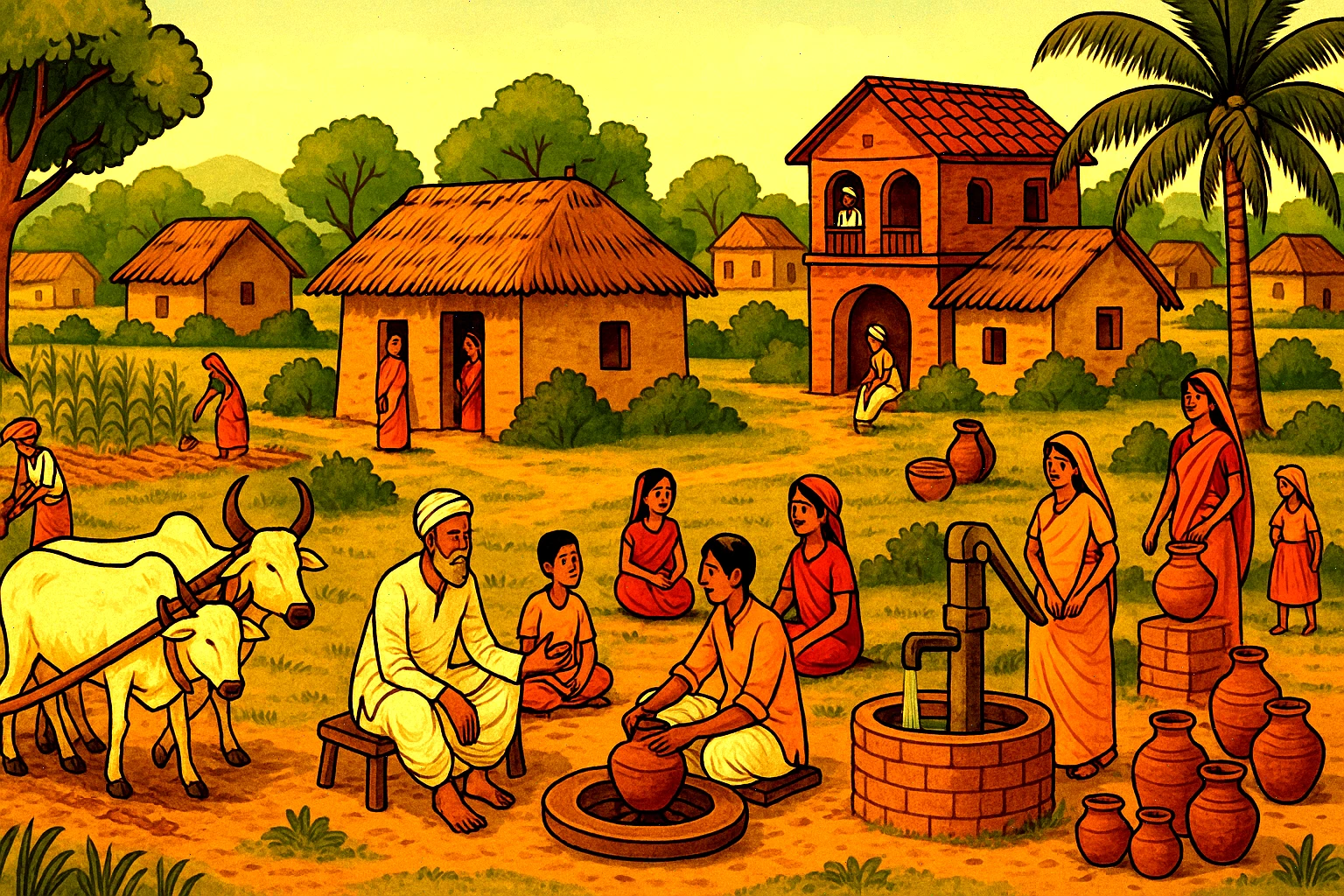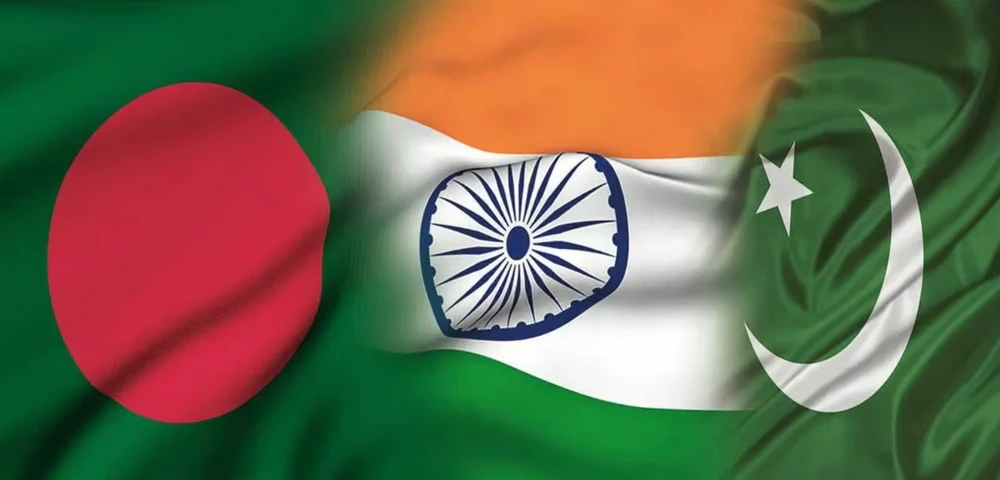
The dramatic political developments in Bangladesh that led to Prime Minister Sheikh Hasina being ousted last year have thrown up many surprises – including Dhaka’s growing closeness with one-time foe Pakistan. Last month, after decades of troubled relations, the two countries began directly trading for the first time, with Dhaka importing 50,000 tonnes of rice from Pakistan. Direct flights and military contacts have also been revived, visa procedures have been simplified, and there are reports of cooperation on security matters.
Historical Ties Between Bangladesh and Pakistan
The countries – separated by the landmass of India – have deep, painful historical ties. The animosity between them goes back to 1971, when Bangladesh – then known as East Pakistan – launched a struggle to gain independence from Islamabad. India supported the Bengali rebels during the nine-month war, which led to the formation of Bangladesh. While the scars from that period run deep, Dhaka had cordial relations with Islamabad between 2001 and 2006, when a coalition of the Bangladesh Nationalist Party (BNP) and the Jamaat-e-Islami governed the country.
Hasina’s Rule and Shift in Relations
This changed during Hasina’s 15-year rule from 2009, when she was strongly backed by Delhi and maintained a distance from Pakistan. But after she fled to India following mass protests against her government, ties seem to be thawing. “For the past 15 years, the Pakistan-Bangladesh relationship was on a slightly difficult trajectory,” says Humayun Kabir, a former senior Bangladeshi diplomat, adding that the relationship seems to now be returning to that of “two normal neighbours”.
Strategic Move Against India
The developments are being watched closely, particularly in India, which has a long history of hostile relations with Pakistan. Some experts think the reviving of relations between Dhaka and Islamabad is a strategic move. “Pakistan and Bangladesh have a tactical relationship at the moment. Together, they want to represent a pushback against the dominance of India,” says Ayesha Siddiqa, a Pakistani academic who is a senior fellow at King’s College in London.
Growing Military and Security Ties
There have been other developments apart from starting direct trade. Muhammad Yunus, head of the interim Bangladesh government, met Pakistan’s Prime Minister Shehbaz Sharif at multilateral forums several times in recent months. And then there is a growing military relationship. A high-level Bangladeshi military delegation made a rare visit to Pakistan in January and held talks with influential army chief General Asim Munir. The Bangladeshi navy also participated in a multinational maritime exercise organised by Pakistan off the Karachi coast in February.
Security Concerns for India and Future Prospects
Veena Sikri, who was India’s high commissioner to Bangladesh between 2003 and 2006, describes the growing closeness between Dhaka and Islamabad as a “déjà vu” moment. “It’s not just the military relationship. The Pakistani establishment is also reviving ties with Bangladeshi Islamist parties like the Jamaat-e-Islami, which supported Islamabad during Bangladesh’s independence war,” she adds. The revival of military ties is “a major security concern for India,” Sikri said.



